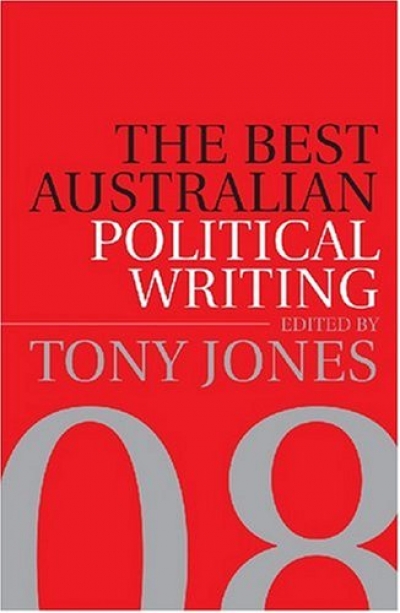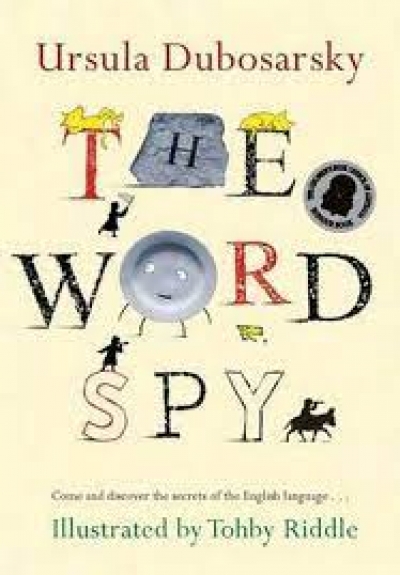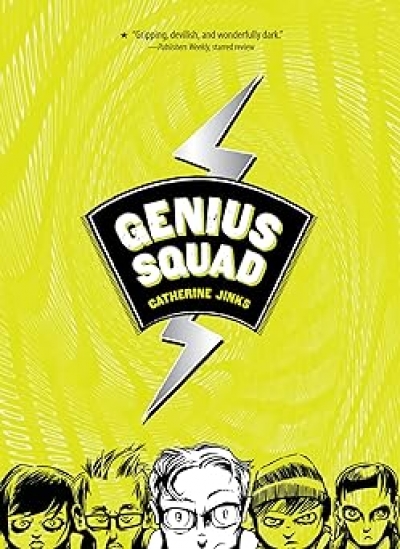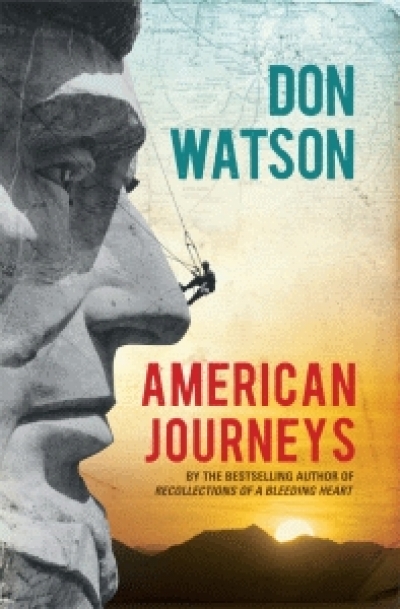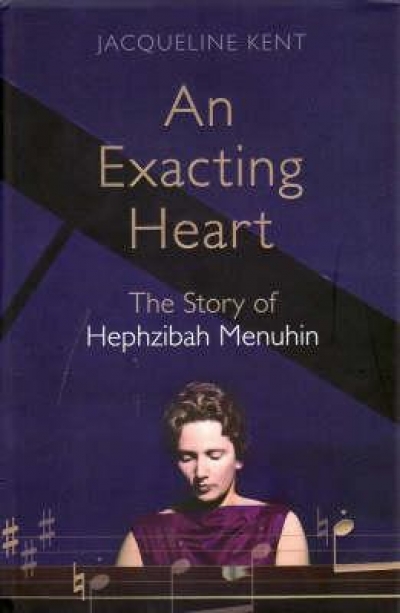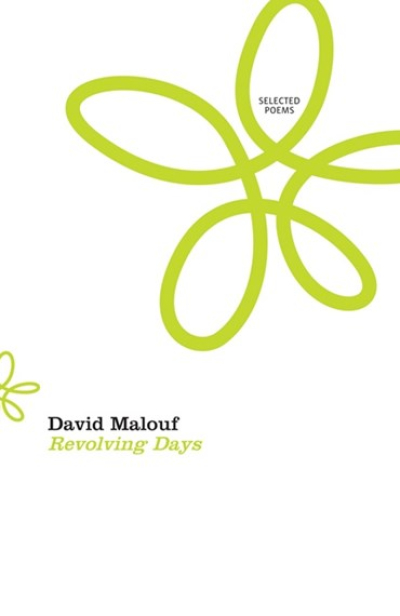Archive
The Best Australian Political Writing 2008 edited by Tony Jones
The Word Spy by Ursula Dubosarsky (illus. Tohby Riddle) & The Reading Bug and How to Help Your Child Catch It by Paul Jennings
Genius Squad by Catherine Jinks & At Seventeen by Celeste Walters
Lifting the flap
Dear Editor,
I had always believed that the only thing worse than a bad review was not to be reviewed at all, to be ignored. Now I find that there is something even more galling: to be reviewed by someone who is more concerned to air his and other peo ...
An Exacting Heart: The story of Hephzibah Menuhin by Jacqueline Kent
Seen from that famous ray of light
Discharging from the town hall tower
On the last stroke of noon,
The hands would stand forever at that hour
As though the holocaust of blinding white
That set it all in train,
When present, past and future were triune,
Were come again,
The endless now on which the blessed take flight.
I won’t this time. Silent at last and shunted
Into its siding in the Victorian Arts Centre
The container train started its journey in Yugoslavia
Two years before it arrived in Gippsland
Among trees that echo Albert Namatjira.

